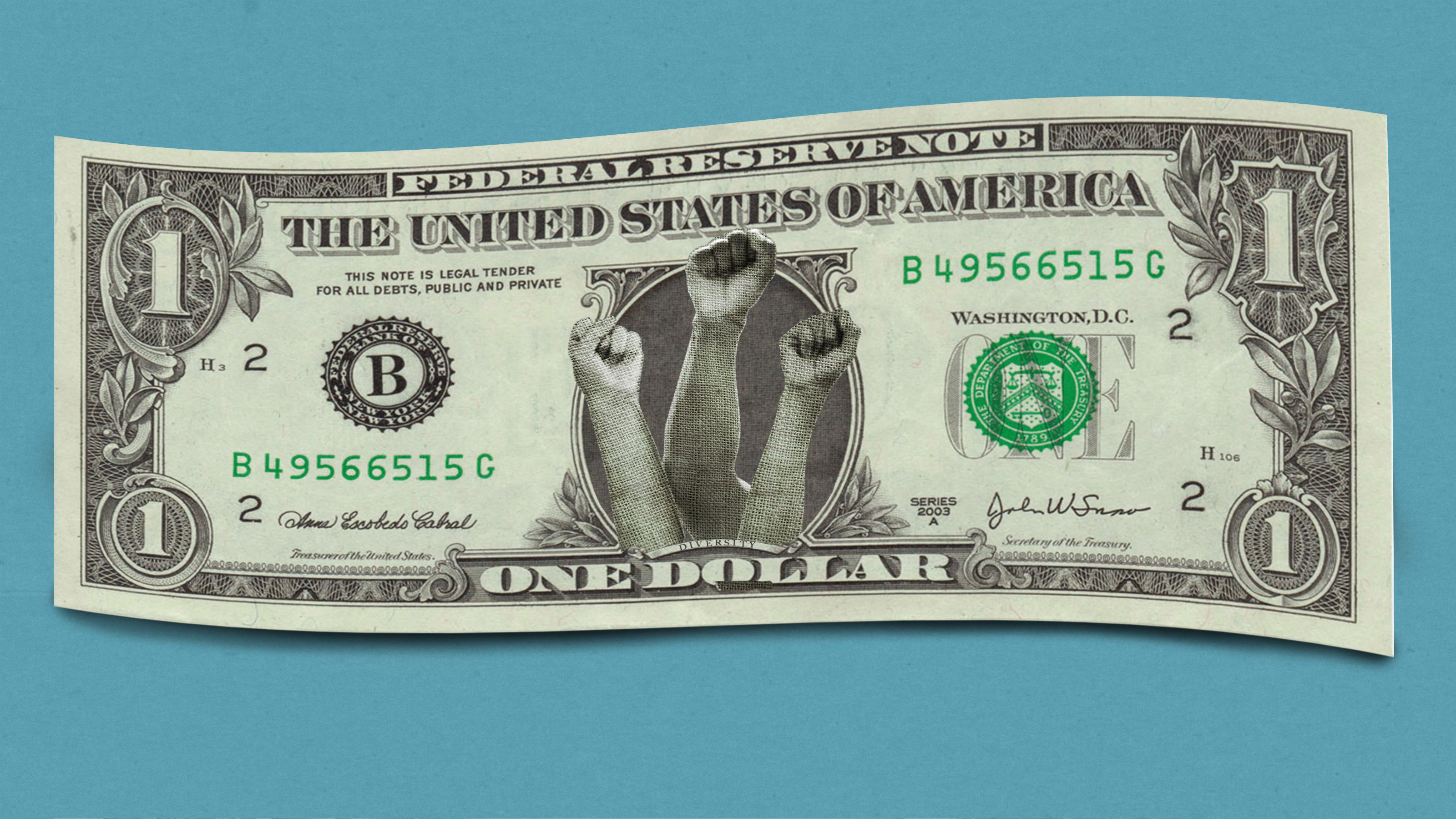ABOUT KAMRAN’s Blog and GUEST BLOG
I- KAMRAN’s Blog: Dedicated to the Common Good- aiming to be a source of hope and inspiration; enabling us all to move from despair to hope; darkness to light and competition to cooperation. “Let the beauty we love be what we do.”-Rumi
II- KAMRAN MOFID’s GUEST’s BLOG: Here on The Guest Blog you’ll find commentary, analysis, insight and at times provocation from some of the world’s influential and spiritual thought leaders as they weigh in on critical questions about the state of the world, the emerging societal issues, the dominant socio-economic logic, globalisation, money, markets, sustainability, dialogue, cooperation, environment, media, spirituality, faith, culture, the youth, the purpose of business and economic life, the crucial role of leadership, and the challenges facing economic, business, management, education, and more.
“When we are dreaming alone it is only a dream. When we are dreaming together it is the beginning of reality.”—Helder Camara

Angel Oak Tree, Charleston, South Carolina, USA
Photo: pinterest.com
- Details
- Written by: Kamran Mofid
- Hits: 1071
The Cost and Consequences of the Economics of the Whites for the Whites by the Whites

Photo:ft.com
...And this, the charge sheet concludes, is now inflicting serious harm on the whole fabric of our society and community, with tragic consequences for us all:
‘This lack of diversity at the very highest echelons of economic policymaking reflects a similar lack of diversity across the economics profession as a whole. It’s one that leads to a lack of attention to issues that specifically affect minorities in everything from economic research to the macroeconomic models used to understand the world to public policy decisions. But it also deprives economics, in general, of its best chance to serve the public most effectively. A narrow pipeline of economists has created a profession vulnerable to groupthink. Lacking the widest possible range of perspectives, life experiences, and expertise, the profession stands to miss crucial information, and make poor decisions. This is a charge that was laid on the Federal Reserve after the 2008 financial crisis.’
The dismal cost of economics’ lack of racial diversity
By Eshe Nelson, Via QUARTZ

Photo:qz.com
‘On June 5, 2017, Raphael Bostic became the 15th president of the Federal Reserve Bank of Atlanta. This also made him the first African American president of any regional Fed in the US central bank’s 100-year history.
The Atlanta Fed is the main seat of the Federal Reserve’s sixth district, which covers all of Alabama, Florida, and Georgia, as well as parts of Tennessee, Louisiana, and Mississippi. Bostic’s role is to study trends in the economy, and oversee monetary policy activities and bank regulation in the region. This year he also became a voting member of the Fed’s main interest rate-setting body in Washington DC, the Federal Open Market Committee (FOMC)
The symbolism is stark. The states of the sixth district were at the heart of the country’s civil rights movement, culminating a little over half a century ago, in the Civil Rights Act affording black Americans the same rights as their white peers.
Progress since has been achingly slow. The gulf between the economic lives of black and white Americans is still staggeringly wide. For example, average household wealth for a black family is about $17,000, one-tenth of white household wealth. In some respects, racial inequality has gotten worse.
Bostic isn’t the first black person to be a member of the powerful FOMC, which sets US interest rates thereby influencing everything from government borrowing costs to mortgages rates. The first was Andrew Brimmer, a sharecropper’s son from Louisiana, who was educated in racially segregated schools. In 1966, Brimmer was appointed by president Lyndon Johnson to an eight-year term on the Fed’s board of governors.
In the intervening 43 years, just two other black people have served on the FOMC, both men—Emmett J. Rice and Roger W. Ferguson Jr. Two other men of color, Narayana Kocherlakota and Neel Kashkari, both of Indian descent, have served as heads of the Minneapolis Fed. That makes six non-whites out of a total of 235 people who have served on the Fed’s Board of Governors or been president of a regional Fed since it first met in 1914. It’s worth adding that just 16 women have ever been on the rate-setting committee, which is made up of the members of the board and a rotating schedule of regional Fed presidents.
This lack of diversity at the very highest echelons of economic policymaking reflects a similar lack of diversity across the economics profession as a whole. It’s one that leads to a lack of attention to issues that specifically affect minorities in everything from economic research to the macroeconomic models used to understand the world to public policy decisions. But it also deprives economics, in general, of its best chance to serve the public most effectively. A narrow pipeline of economists has created a profession vulnerable to groupthink. Lacking the widest possible range of perspectives, life experiences, and expertise, the profession stands to miss crucial information, and make poor decisions. This is a charge that was laid on the Federal Reserve after the 2008 financial crisis…’ Continue to read
Related articles:
Bastard Economics of Greedy Neoliberalism
People’s Tragedy: Neoliberal Legacy of Thatcher and Reagan Details
The Destruction of our World and the lies of Milton Friedman
Calling all academic economists: What are you teaching your students?
Hopefully Values-led Economics and not a load of mumbo jumbo!!

Economics students at the University of Leipzig-Photo:unherd.com
- Private education, posh boys and the ruining of Britain:The Story Straight from the horse's mouth
- Celebrating International Mountain Day by Recalling my Love for Mother Nature and Mountains when I first saw the Awesome Mount Damavand
- A Visual Journey to Heaven and Hell
- Moth and Raynor Winn: A Powerful Story of Homelessness, Terminal illness, Human strength, Endurance and Hope
- OUR SACRED EARTH Tuscany Forum: The Videos
- Racism in Britain in the post-Brexit age
- Valuing economics and economy as inspirational gardens of discovery
